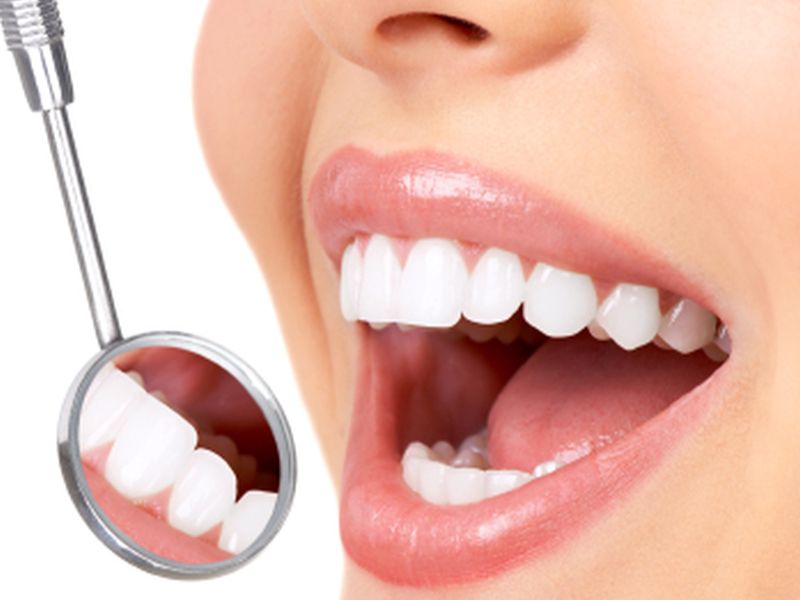Even Wisdom Tooth Removal May Spur Opioid Addiction

MONDAY, Dec. 3, 2018 (HealthDay News) -- Teens and young adults who are prescribed opioid painkillers after having their wisdom teeth removed are at increased risk for addiction, new research suggests.
For the study, researchers looked at nearly 15,000 patients, aged 16 to 25, who were prescribed opioids (such as Vicodin or Lortab) after wisdom tooth extraction in 2015. The median number of pills prescribed was 20; half got more, half got fewer.
Nearly 7 percent had more opioids prescribed within 90 to 365 days, the findings showed. And nearly 6 percent were diagnosed with opioid abuse within a year of their first prescription.
In a comparison group of patients whose dentist did not prescribe opioids, 0.1 percent later got an opioid prescription and 0.4 percent were diagnosed with opioid abuse during the same time period.
The Stanford University School of Medicine study was published Dec. 3 in JAMA Internal Medicine.
"This work raises two really important related but separate questions: Do we need opioids, and do we need the procedure?" study lead author Dr. Alan Schroeder said in a university news release. He's a clinical professor of pediatrics at Stanford.
While common, the removal of disease-free wisdom teeth is not well-studied, and the balance of risks and benefits is not clear, according to Schroeder.
He said more study is needed to determine whether opioids are the safest way to treat pain after wisdom tooth extractions, and whether the extractions themselves are always necessary.
More information
The American Dental Association has more on wisdom teeth.

The news stories provided in Health News and our Health-E News Newsletter are a service of the nationally syndicated HealthDay® news and information company. Stories refer to national trends and breaking health news, and are not necessarily indicative of or always supported by our facility and providers. This information is provided for informational and educational purposes only, and is not intended to be a substitute for medical advice, diagnosis, or treatment.

